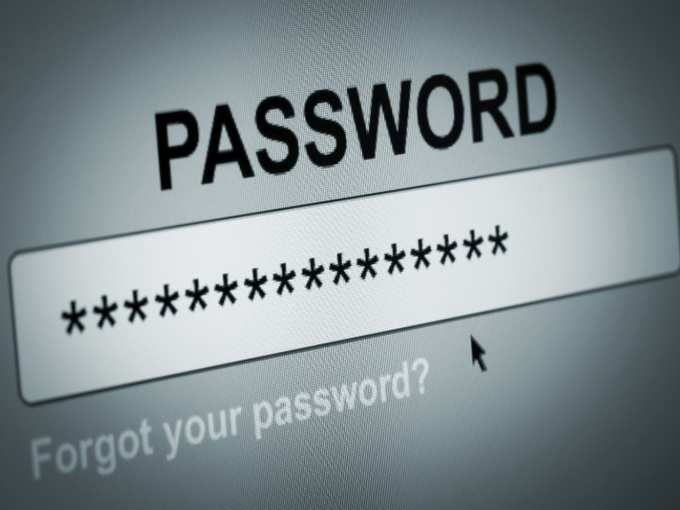
Technology is meant to make life easier for us, protect our data and ensure the privacy of personal information. From our simple handheld phones to the most complex computers, there is always a need to manage privacy and not allow unauthorised access, usage or worse still, abuse. PASSWORDS, the magical answer to this need, have traditionally worked as keepers of our privacy – at personal, company and government levels.
Unfortunately, the progress of technology has also thrown open several ways to break into systems, hardware and software. However, what impacts us most is identity theft, which means someone else has illegally gained access to your information and uses it for wrong reasons.
One of the biggest reasons why identity theft happens is easy access to your passwords. Interestingly, you could be the biggest accomplice to the crime.
Just think – you tend to forget your
And then comes the justification – there are so many passwords I need to create... how do you expect me to remember them all?
Another universal reason for password theft is the sheer predictability of the passwords. Research has shown that creativity hits a dismal low when it comes to choosing passwords and 83% of people use the name of their spouse, child, sibling, parent or pet as their password. Also, date of birth is another option most of us prefer. How easy it is to figure that out, especially when the ‘thief’ is someone who knows you.
If I were to jargon this syndrome, I would call it
As I mentioned above, we humans are strange creatures; we feel lazy about things that are of critical importance, such as exercise, shedding our ego and of course, passwords. However, your cyber security depends on your choice of passwords and here are seven do’s and don’ts that can keep you safe from intrusion.
· Understand the importance and seriousness of having good, strong passwords.
· Do not oversimplify or overcomplicate multiple passwords – both will work against you.
· Be disciplined – do not leave these passwords within easy reach of other people.
· Change them whenever you feel that the password has been compromised or you have to share with someone.
· When you need to change, you need to change and there are no two ways about it. Do not ignore the prompt from your IT administrator or other organisations with whom you share critical information.
· If you need to keep a document listing your passwords, make sure you ‘secure’ the file with a super-safe password.
· If you want, build a pattern for all your passwords but don’t make the pattern predictable.
Technology and multiplicity of devices, accounts and applications will push the boundaries of your laziness. But don’t succumb to it. The price you may have to pay will be much more than you think. Fight the lazy password syndrome – it has to be done for your own benefit.
About the author: Satish Mehta is the Founder and Director of Credexpert, a credit and debt counselling company in India.